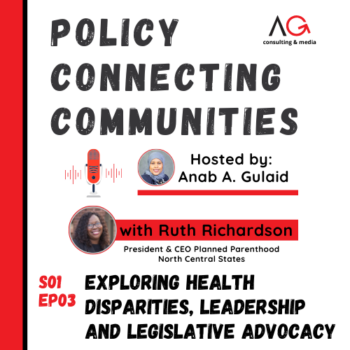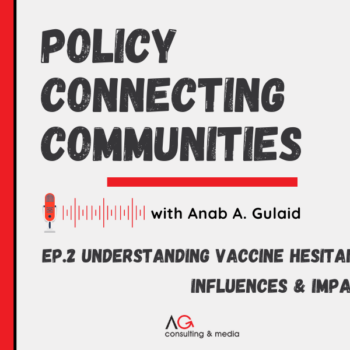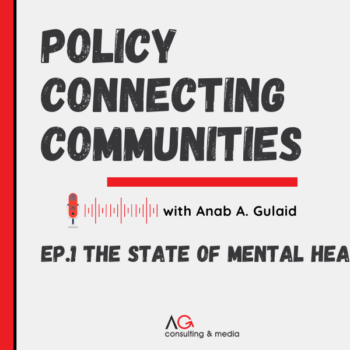The Silent Co-Infections: Understanding HIV/HBV and HIV/HCV Co-infection
December is HIV/AIDS Awareness Month, a time to raise awareness of the impact of HIV/AIDS globally. This month, the team at Policy Connecting Communities utilizes a cultural lens to examine the specific impact HIV has in Minnesota. Over the years, incredible progress has been made in regards to HIV, however individuals living with HIV still carry a much higher risk for other potentially deadly infections such as Hepatitis B and C–this is especially true for minority populations.
Given the disparity in how these viruses are infecting immigrant communities and African-American communities in Minnesota, we wanted to shed light on the work that is being done to better understand the prevalence of these illnesses in the African population, and how equitable research is leading to improved community-based education and intervention. In this episode, we are grateful for the opportunity to have a conversation with a panel of experts from Mayo Clinic about Hepatitis B and C, and their relationship with HIV.
These three distinguished researchers-providers-educators share their lived experiences growing up in a healthcare system that’s hobbled by a scarcity of resources, and where the intersectionality and comorbidity of liver and auto-immune illnesses has devastating effects.
In addition, we’ll learn about:
- Current data regarding racial disparities in rates of Hepatitis B and C, and HIV,
- Endeavors to ensure equal representation of women and racial ethnic minorities in medical and scientific research and clinical trials.
- Outreach efforts to address cultural and social stigma around illnesses such as Hepatitis B, C and HIV, and
- Community-based networks to provide early detection, early intervention, and early treatment
- Additional Resources, including: the Center for Disease Control, the MN Department of Health, Mayo Clinic, and the local Somali Health Advisory Committee







